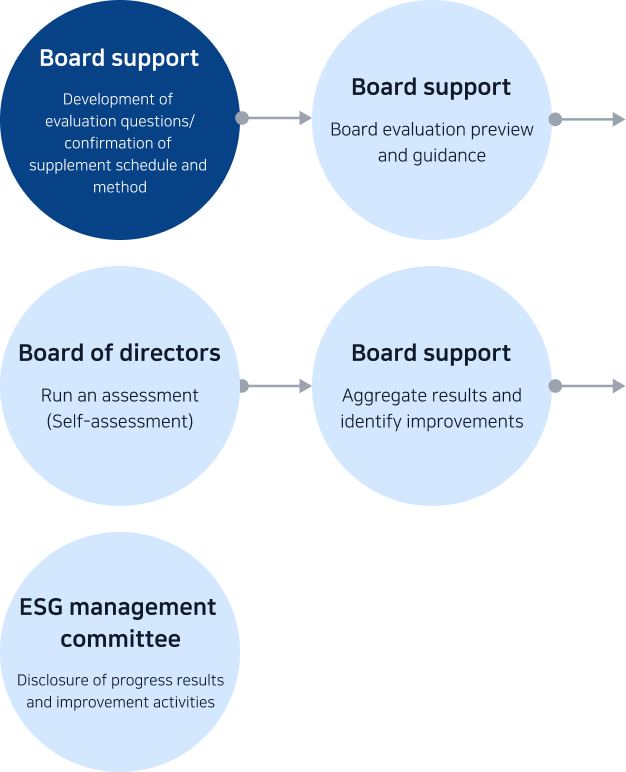Company

- Overview
- Message from CEO
- Milestones
- Vision
- Core Value
- CI
- Location
- R&D
- About the lab
- Research areas
Sustainable Management

- Sustainable Management Strategy
- Environment (E)
- Social (S)
- Governance (G)
- ESG Archives
Compliance Management

- CEO Letter
- Guideline
- Ethical Management
- Fair Trade
Product

- Semiconductor
- Display
- Precursor
For Investors

- Public Announcements
- Annoucement
- Financials
- Stocks
- IR Materials
Careers

- Talent we value
- HR Policy
- Welfare
- Job Introduction
- HR Program
- Recruiting Process





